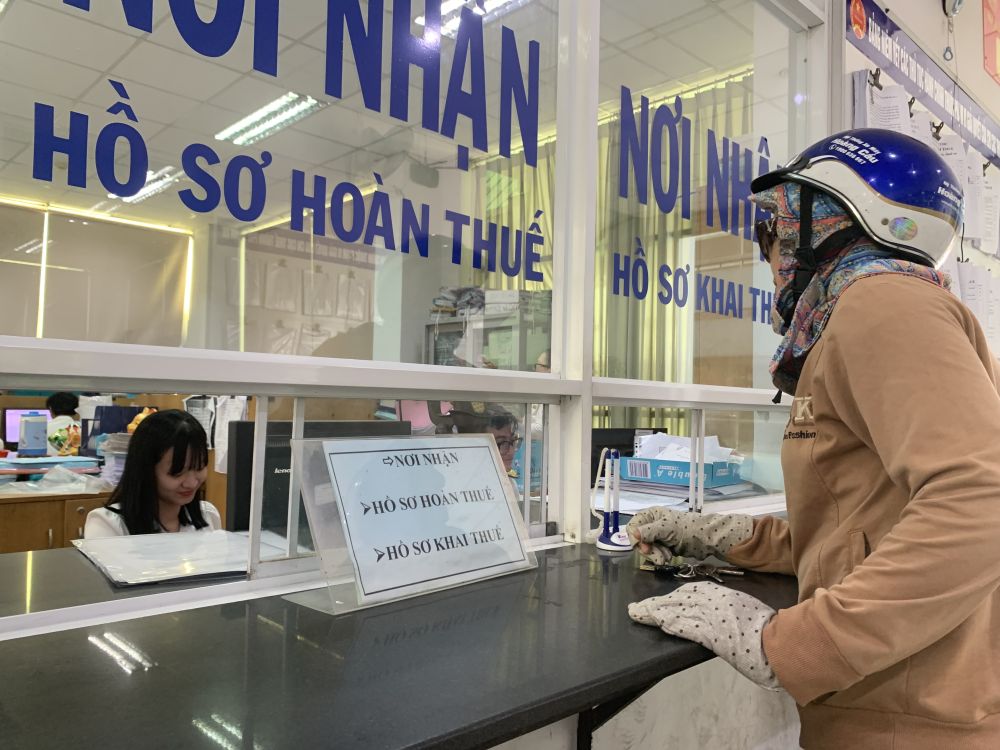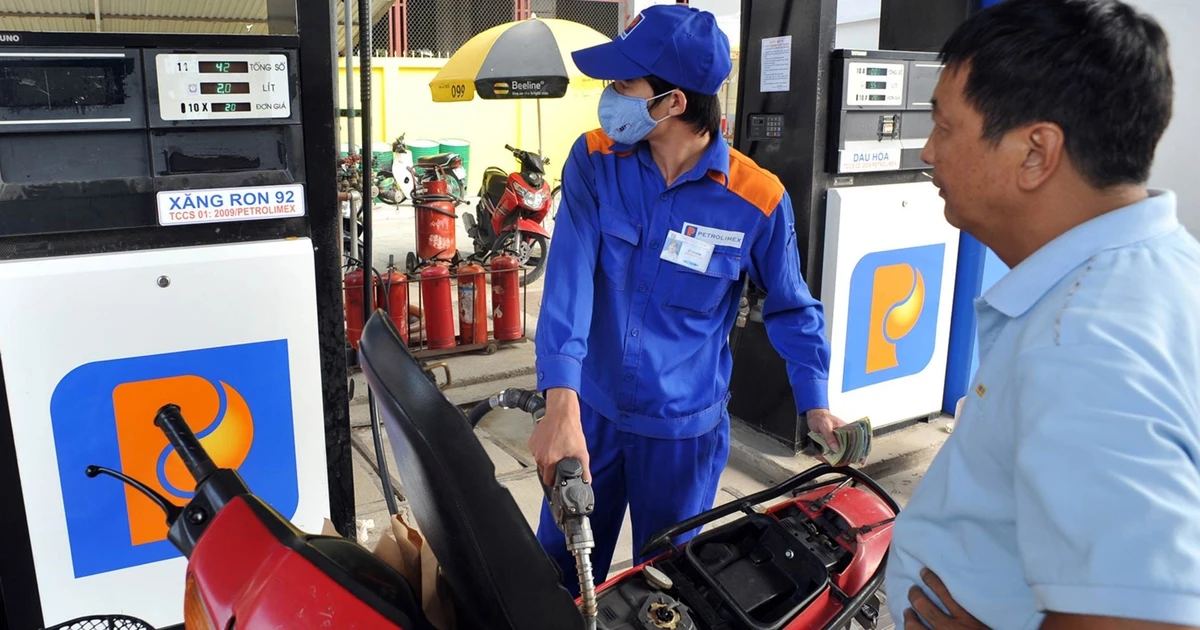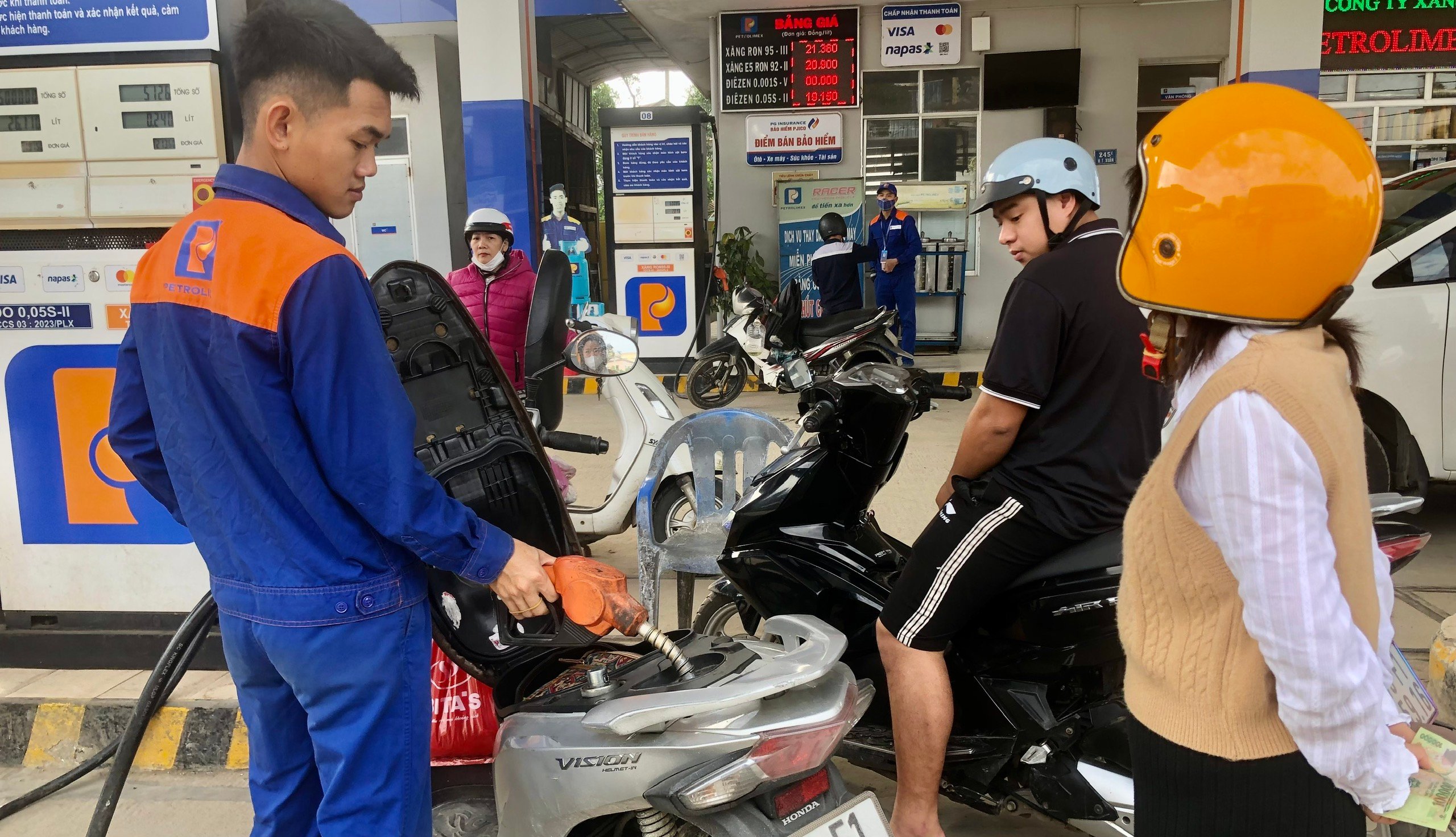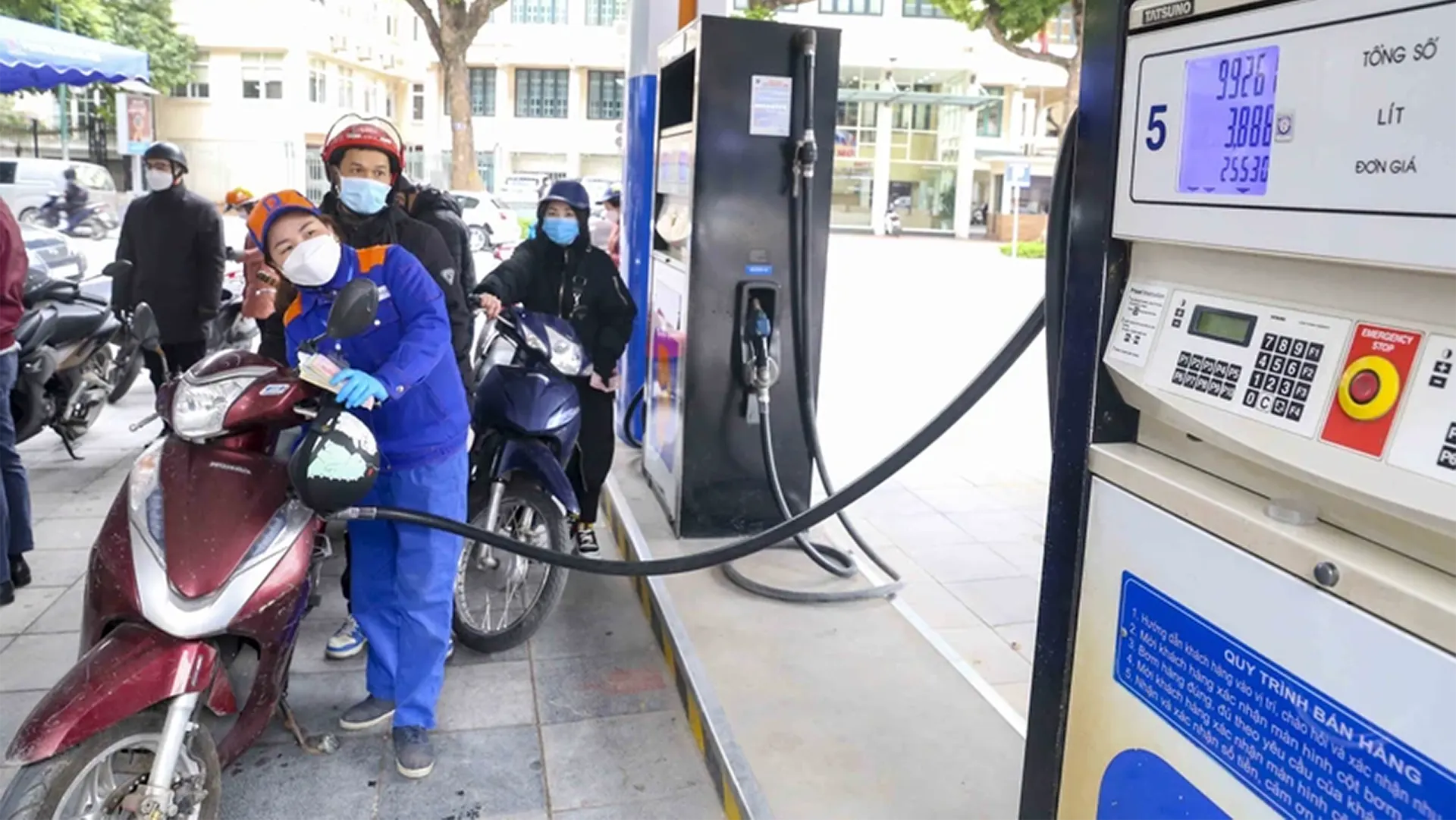
Many ways to "avoid" taxes
Recently, tax authorities have stepped up the tracing of online sellers through e-commerce platforms and banks to collect taxes. However, the situation of individuals and organizations doing e-commerce business on social networking platforms not declaring or hiding their real revenue is becoming more sophisticated.
Typically, some sellers on social networks often close orders over the phone or after livestreaming or advertising on social networking platforms. Then, the seller instructs customers to transfer payment for purchases without writing any content related to the goods but writing other content such as "loan", "debt repayment", "gift"...; while direct sellers ask customers to pay in cash instead of by bank transfer.
Another trick that shop owners use is to use many different personal accounts to receive sales money, and when the revenue reaches 99 million VND, they change to another account number. Or people doing business on social networking platforms have many ways to evade tax obligations such as not declaring, hiding revenue, cash flow...
According to the tax regulations, online sales are activities of distributing and supplying goods. In the list issued with Circular No. 40/2021/TT-BTC of the Ministry of Finance, the value-added tax rate is 1%, the personal income tax rate is 0.5% as prescribed in Appendix I of the list of industries calculating value-added tax and personal income tax at a percentage of revenue for business households and business individuals. Thus, business households and business individuals selling online with revenue of 100 million VND or more must pay value-added tax and personal income tax according to regulations. Taking advantage of this floor revenue level, many businesses have avoided paying taxes.
However, according to tax experts, the above tax evasion tricks are quite risky and difficult to fool the tax authorities. Mr. Pham Viet Anh, Head of the Tax Team of Thuan An City, Tax Department of Region XVI, said that even if the seller does not collect money into a bank account but collects cash, the tax authority can still detect it, because the tax authority already has a database, synchronized with e-commerce platform data. According to regulations, business households/individuals use citizen identification cards to register stores to sell on many e-commerce platforms, meaning that many stores have a common owner. The tax authority will not calculate taxable revenue based on the number of accounts receiving income but on the total income of the store owner on the e-commerce platforms, regardless of which account the business owner receives money into, or whether or not he/she receives cash. If the store owner's revenue exceeds the non-taxable threshold but has not declared and paid tax, when discovered by the State agency, he/she will be subject to additional tax.
Correct information retention
The provincial tax department said that the tax authority is actively coordinating with e-commerce trading floors and relevant state management agencies to clean up the large database of taxpayers doing e-commerce business.
Accordingly, the units coordinate to strengthen the work of capturing information from sellers through e-commerce platforms, thereby closely managing the implementation of the obligation to provide information to tax authorities and other state management agencies regularly and continuously. E-commerce platforms must be responsible for storing information of individuals doing business on the platform to avoid joint liability. E-commerce platforms must be responsible for managing consumption, avoiding counterfeit goods, and protecting consumer rights.
In the coming time, the Ministry of Finance will coordinate with the Ministry of Industry and Trade to have solutions requiring e-commerce trading floors to immediately rectify the storage of information to have authentic information provided to state management agencies. For organizations and individuals doing e-commerce business, the tax authority will have a plan for inspection and examination by topic. The tax inspection and examination topic will continue to focus on the subjects of the companies that own e-commerce trading floors, companies that are intermediaries for transportation, payment intermediaries, etc. Through inspection and examination, the tax authority will continue to collect data information of organizations and individuals that generate income through the social networking platforms of these companies, thereby continuing to review and implement tax management according to regulations...
ACCORDING TO THE REGULATIONS OF THE TAX INDUSTRY, SELLERS WHO EVAS TAX WHEN DETECTED BY THE TAX AUTHORITY WILL BE SUBJECT TO TAX COLLECTION AND PENALTIES. ACCORDINGLY, TAX EVASION IS PUNISHED AT A LEVEL OF 2-3 TIMES THE AMOUNT OF TAXES evaded. |
THANH HONG
Source: https://baobinhduong.vn/quan-ly-hieu-qua-nguon-thue-tu-kinh-doanh-online-a344402.html



![[Photo] Special relics at the Vietnam Military History Museum associated with the heroic April 30th](https://vstatic.vietnam.vn/vietnam/resource/IMAGE/2025/4/3/a49d65b17b804e398de42bc2caba8368)
![[Photo] Prime Minister Pham Minh Chinh chairs meeting after US announces reciprocal tariffs](https://vstatic.vietnam.vn/vietnam/resource/IMAGE/2025/4/3/ee90a2786c0a45d7868de039cef4a712)
![[Photo] Moment of love: Myanmar people are moved to thank Vietnamese soldiers](https://vstatic.vietnam.vn/vietnam/resource/IMAGE/2025/4/3/9b2e07196eb14aa5aacb1bc9e067ae6f)

![[Photo] General Secretary To Lam receives Japanese Ambassador to Vietnam Ito Naoki](https://vstatic.vietnam.vn/vietnam/resource/IMAGE/2025/4/3/3a5d233bc09d4928ac9bfed97674be98)














































































Comment (0)